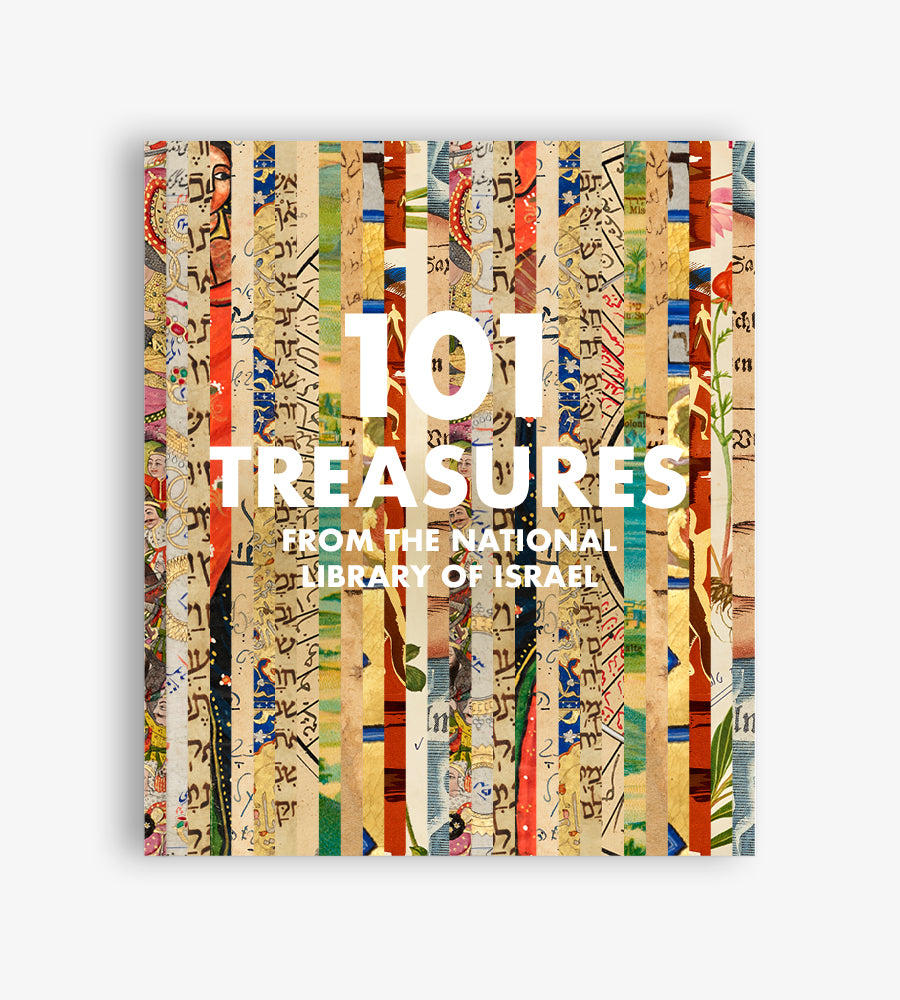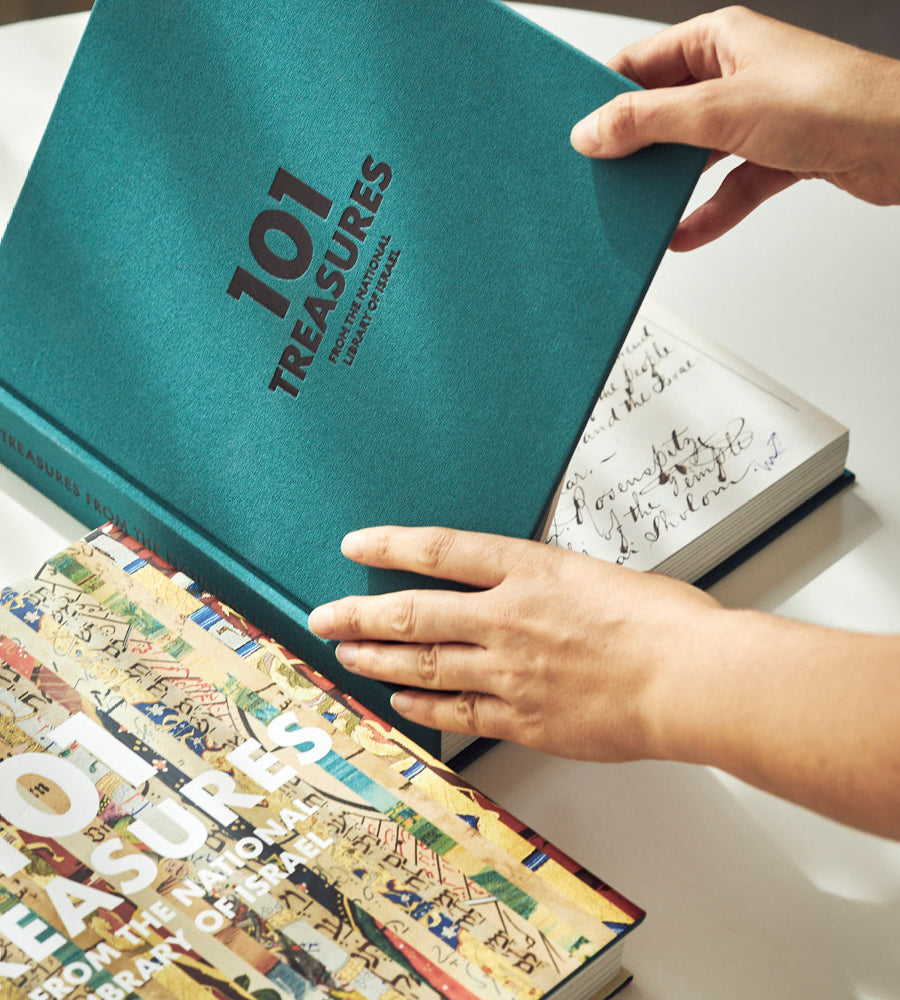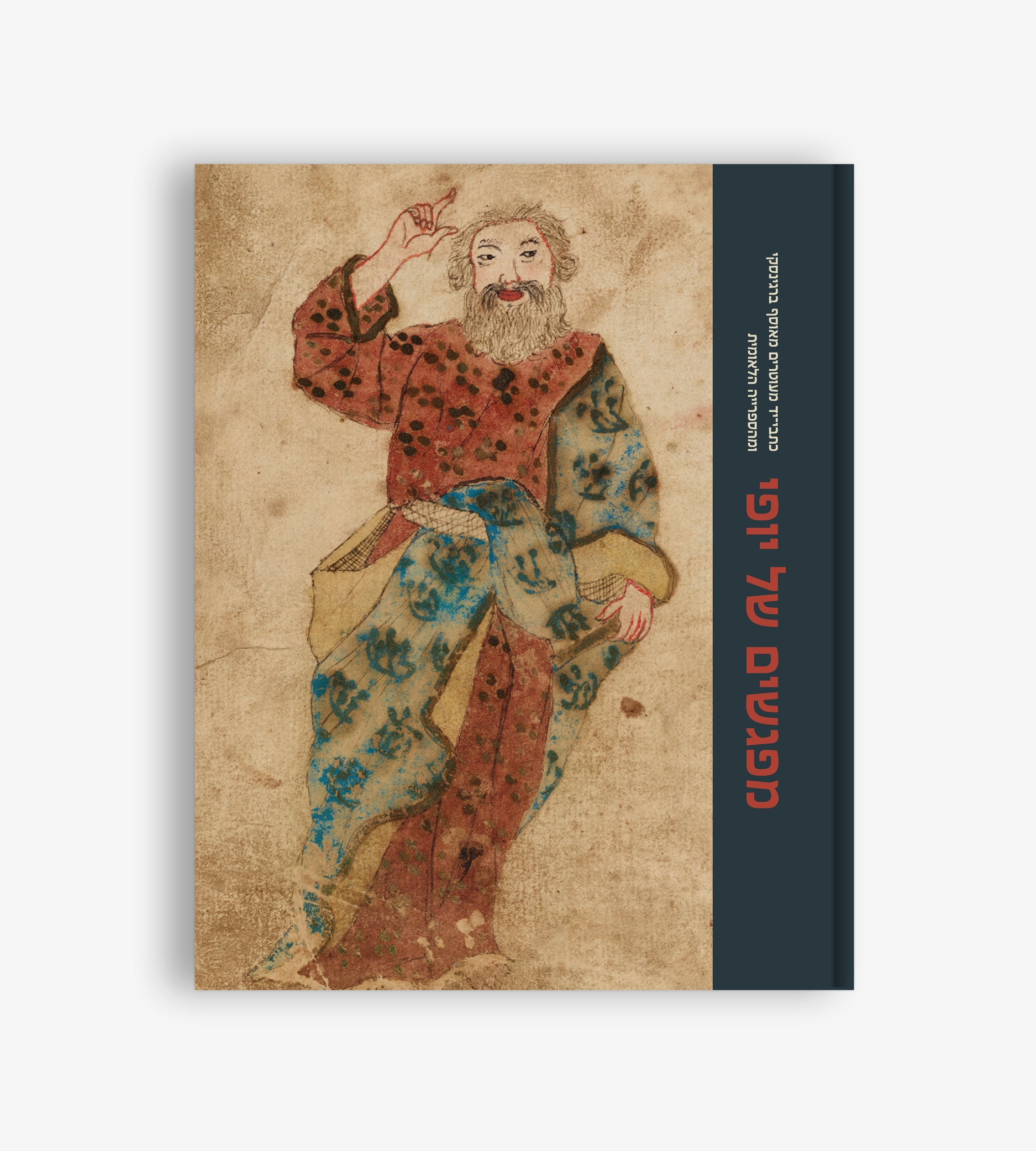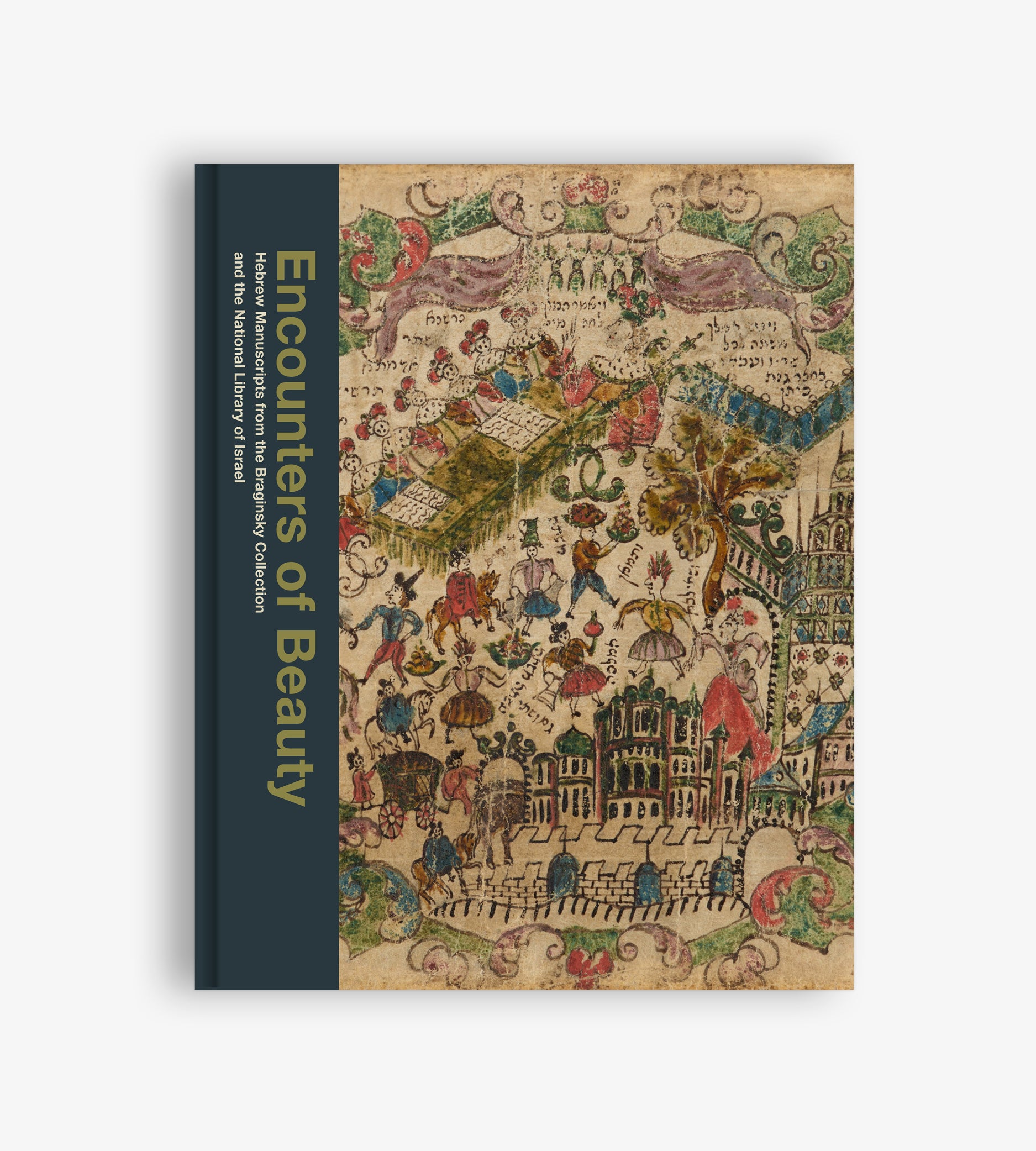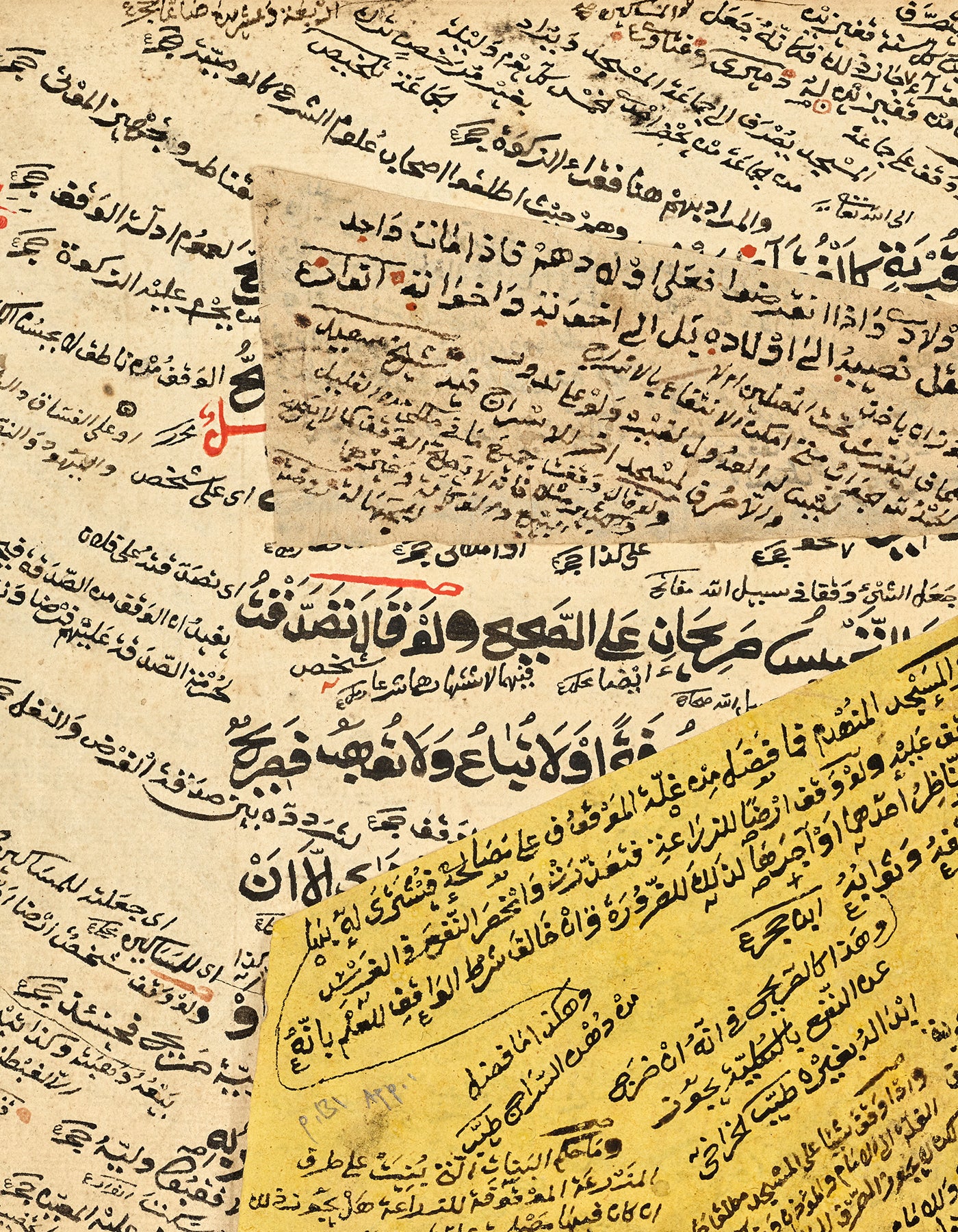
The Scholar-Warrior of Dagestan
Samuel Thrope

The Muslim leader of the Caucasus, Imam Shamil (1797–1871), kept the Russian Empire at bay for twenty-five years. A gifted strategist and fearless warrior, Shamil led a guerilla resistance against the superior Russian forces. He united and inspired the people of the Chechnya and Dagestan regions and gained the admiration of kings and emperors around the world. In feats of daring that could have been scripted by Hollywood, Shamil escaped death more than once. When finally captured, he was granted clemency by the czar and lived in elegance in St. Petersburg before dying in Medina in 1871.
In addition to his military leadership, Shamil was also a religious scholar and a preacher. His extensive knowledge was reflected in his manuscript library containing classic works and commentaries in the disciplines of Qur’an interpretation, the traditions of the Prophet Muhammad, Islamic law, Sufi mysticism, as well as works written by eighteenth- and nineteenth-century Caucasian Muslim scholars. Most interesting are the relatively large number of works on Arabic language, linguistics, and rhetoric. While the Caucasus is home to dozens of languages and was long ruled by Persian- and Turkish-speaking dynasties, Arabic has always served as a prestigious literary language.
Following his capture and exile in 1859, Shamil sought to reconstitute his library, which had been looted in his absence. His son Muhammad Ghazi continued his father’s efforts, even after leaving Turkey to serve as an officer in the Ottoman Empire.
It may have been in Istanbul that the scholar and manuscript dealer Abraham Shalom Yahuda purchased around 130 volumes of Caucasian Muslim manuscripts, many of which bear Shamil’s signature and seal. While the bulk of this collection was acquired by Princeton University, thirty of these manuscripts are in the National Library collection. These include an 1846 copy of sixteenth-century Egyptian scholar Ibn Hajar al-Haytami’s work on the lawfulness of the first four caliphs, bearing Shamil’s own stamp and endowment, and two manuscripts copied, in whole or in part, by Ghazi Muhammad, the first Imam of Dagestan.


